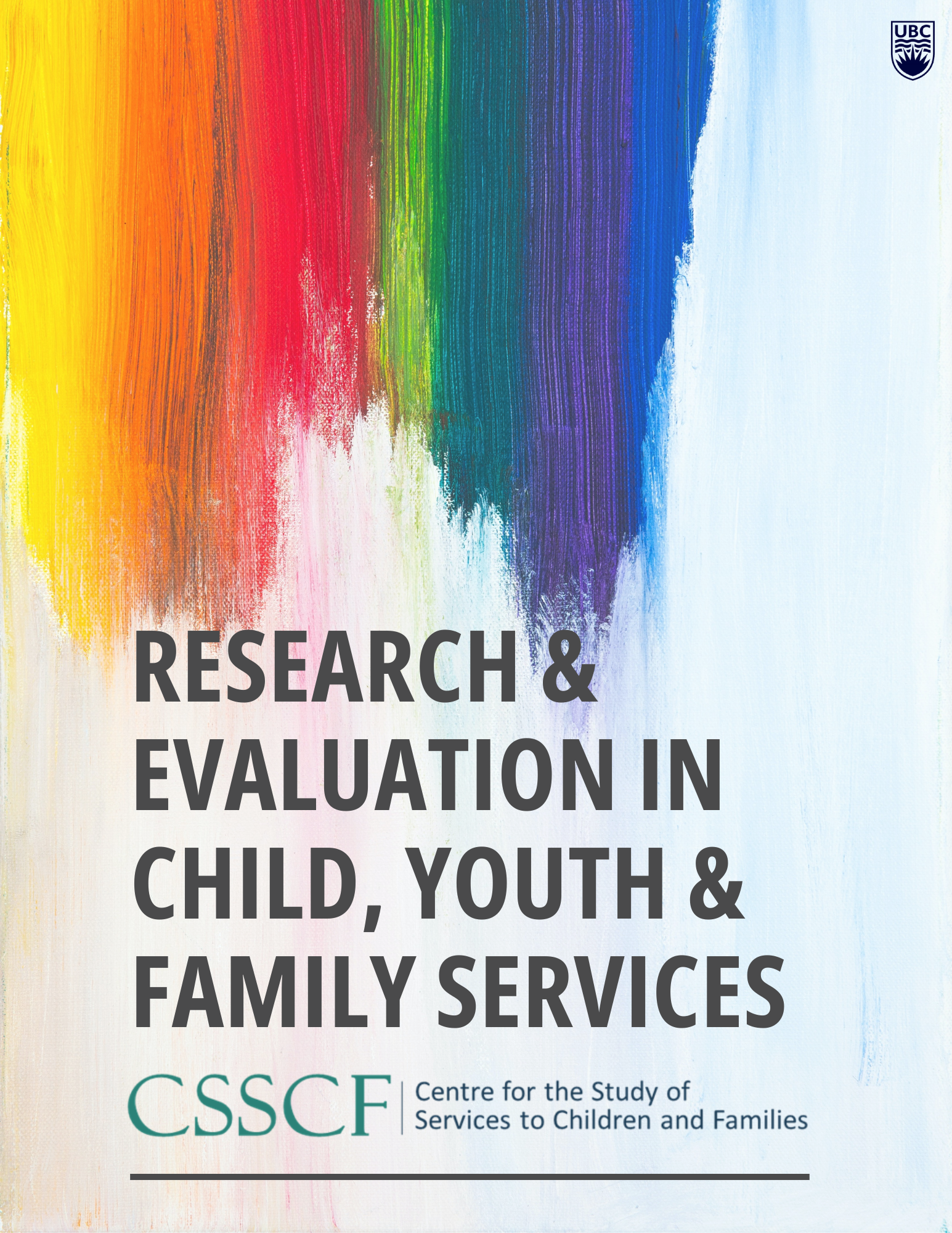Promising Interventions for Children with Suspected or Confirmed Fetal Alcohol Spectrum Disorder (FASD)
DOI:
https://doi.org/10.14288/recyfs.v5i1.199154Keywords:
fetal alcohol spectrum disorder, children, community-based programs, behaviours, inclusivityAbstract
Fetal Alcohol Spectrum Disorder (FASD) is a lifelong disability that affects the brain and body of people who were exposed to alcohol in the womb. FASD is prevalent in 4% of the population in Canada and makes up a disproportionate number of children in need of Ministry of Children and Family Development (MCFD) assistance in British Columbia (BC). People with FASD have unique strengths and challenges and require community and family support to maintain wellbeing. As such, MCFD anticipates expanding its services to reach more children and youth with FASD and requires information about best practices for supporting this population.
The Ministry of Children & Family Development is looking to learn more about programs and practices for supporting children ages 3-12 with suspected or confirmed FASD to contribute to a collection of evidence-based interventions designed to support practitioners in delivering services to this population. This research aims to answer the question: What non-FASD-specific community-based programs and approaches have clinicians been finding promising for use with children with confirmed or suspected FASD?
This exploratory study used online focus groups and interviews with professionals working with children and families with suspected and confirmed FASD to collate their thoughts on promising programs, approaches, and interventions. MCFD clinicians, community workers, and a researcher were recruited and asked semi-structured questions to better understand the practices and approaches they find promising for use with children with FASD. To this extent, 4 interviews and 1 focus group consisting of 3 participants were completed over Zoom. These interviews were transcribed, and a thematic analysis was completed.
Three main themes were identified in the analysis. The first is understanding behaviours. Understanding behaviours entails increasing awareness, education, and training around the behavioural issues that arise for children with FASD. These include learning about developmentally appropriate interventions, acknowledging trauma, communication support, and consistent behavioural expectations. The second is creating spaces of inclusion. This means creating a physical, virtual, or metaphorical space where youth, parents, and service providers are able to connect with each other and people with similar backgrounds to socialize, play with, and meet without the fear of judgment or stigma. Lastly, the study found targeting structural barriers to be a promising approach for children with FASD. The study outlined barriers mentioned by professionals along with their suggestions on how to break them down.
Overall, the study found that professionals working in this field are very devoted, passionate, and knowledgeable about supporting children with FASD. The most promising intervention for children with FASD is to provide more support to the service providers, caregivers, and children and youth by addressing the lack of funding, resources, and continuity of services they need. The interventions and approaches are there however, professionals need more ways to connect with one another to produce positive child outcomes and equitable access for families.
Downloads
Published
Issue
Section
License
Copyright (c) 2024 Research and Evaluation in Child, Youth and Family Services

This work is licensed under a Creative Commons Attribution-NonCommercial 4.0 International License.
This work is licensed under a Creative Commons Attribution-NonCommercial 4.0 Inrernational License. Copyright for articles published in this journal is retained by the authors, with first publication rights granted to the journal. By virtue of their appearance in this open access journal, articles are free to use, with propoer attribution, in edicational and other non-commercial settings.


